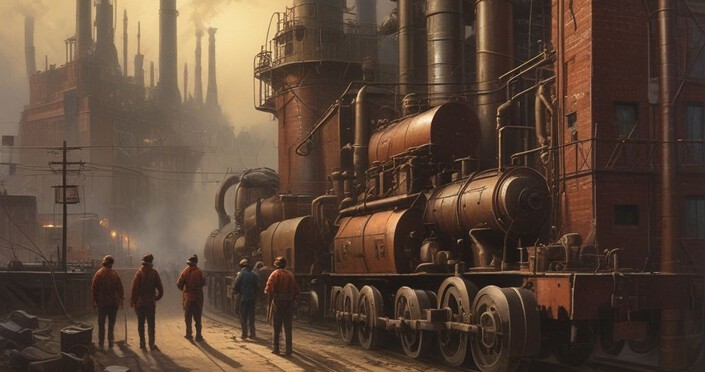The Industrial Revolution

Answers to Questions about the Industrial Revolution
1. The industrial revolution played a very vital part in changing the world especially in the aspect of life and business plus we cannot downplay the fact that it enabled urbanization and sprouting of innumerable industries (Brasch, 2014). Writers who offer history assignment help at Edudorm essay writing service notes that subsequently, Britain happens to be the major benefactor of the industrial revolution hence technological advancement meant a great deal to them. Likewise, in agriculture, the upheaval led to huge demand for agricultural products as the shipping, science and construction rose up too.
2. Romanticism was sparkled courtesy if what was going on in the industrial revolution world exclusively the impacts it had in Europe. It was a reaction to the whole thing of illumination and French revolution rejected rules to govern nature and earthly beings. Experts who offer history essay help at Edudorm essay writing service indicates that Romanticism opted for direct communication and further more treated each individual in their own unique way as opposed to scientific preference (Brasch, 2014). Consequently, Napoleon’s conquest finally led to start a movement which they all thought it would impact them positively through authentic national culture.
3. Having a strong believe in culture and artistic expression is certainly related to the profound mark and for sure it would bring a lasting change. Through art, human beings can change most of what we believe as the society’s deepest assumptions shaped by the artistic creation we experience each and every day. Art is responsible in rise of new thoughts, inspiring and catalyzing precarious thinking, the political aspect of it comes in as that cognizant effort in social change.
4. Cotton Gin is still arguably one of the best inventions witnessed during the industrial revolution and it is responsible for modelling the economy of Antebellum South (Niver, 2016). Eli Whitney invented the machine to be used in separating seeds from cotton and this was a great deal to slavery trade which was booming by then (Niver, 2016). Authors who offer history case study help at Edudorm essay writing service points that the machine helped in making the work faster and the necessity of slave workers dropped drastically and this was a turn around to slavery. Even though the cotton gin and interchangeable parts was not that perfect but made Eli Whitney a great contributor in the industrial revolution.
References
Brasch, N. (2014). The Industrial Revolution: Age of invention. New York: PowerKids Press.
Niver, H. M. (2016). Eli Whitney and the Industrial Revolution.


